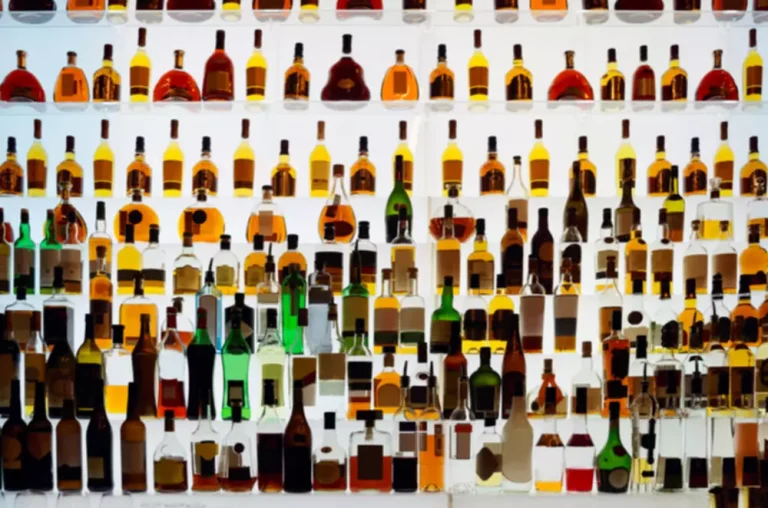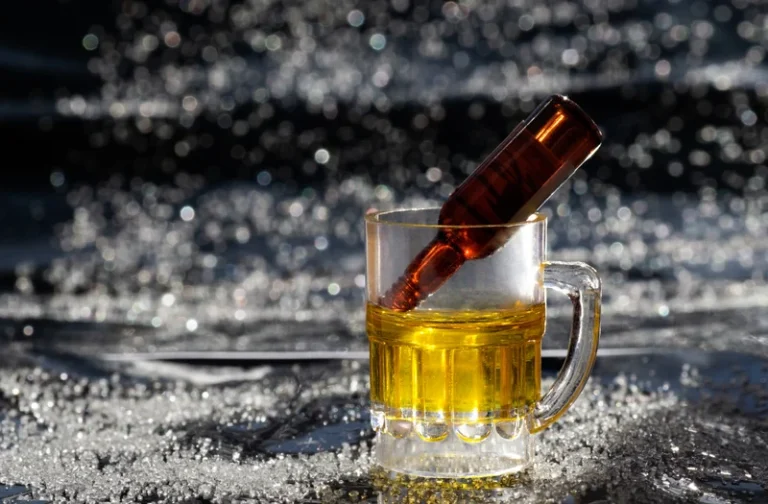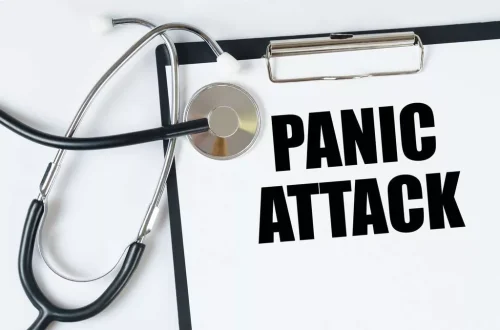
Typically your tolerance level to alcohol will go up the more you drink. There is a point though at which a person’s alcohol tolerance does alcohol make you look older will actually begin to go down. This can be the direct result of changes to the composition of the body and hormonal changes.

Alcohol And Its Effects On Aging
- Drinking alcohol can cause or worsen psoriasis3 (a condition that causes flaky skin) and rosacea4 (redness or flushing on the face).
- Jaundice, or yellowish skin, is also a sign of liver disease.
Regular drinkers can trigger biological functions that make them age from the inside out. If you drink heavily or consistently, you could activate the aging process, putting you at risk of health conditions that typically affect older people. At North Jersey Recovery Center in Fair Lawn, New Jersey, we offer various therapies so that a patient can enjoy a successful recovery from alcohol misuse. After a person becomes sober and learns ways to live healthier, he or she will notice an improved appearance.

Alcohol and the Aging Process
For example, problems with balance may be misinterpreted as a side effect of elderly alcohol abuse. Collagen and elastin are compounds responsible for tight, plump, and youthful skin. The greatest underminer of this support system is sugar (glucose and fructose). High glucose and fructose levels link with amino acids in collagen and elastin. This results in damage that ends up hindering the natural repair process of the body.
The Effects of Alcohol on Skin and Aging
If you struggle with alcohol abuse, it’s not just the hangover making you feel achy and look haggard. Alcohol impacts your health on many levels, and the effects of alcohol on skin and aging can make you feel less than your best. Many people experience renewed vitality in recovery as their bodies begin to heal from these detrimental effects of alcohol. While it might not much attention, alcohol and aging is a real thing. Over time, heavy alcohol use can result in changes to the skin.
Although there is no evidence that alcohol causes hair loss, it may contribute to balding. Heavy, chronic alcohol use causes nutritional deficiencies and hormonal imbalances. These deficits can cause your hair to fall out more rapidly than usual.At an addiction treatment center, you’ll focus on your health and nutrition. As you nourish yourself, you may notice that your hair fills out again. Alcohol-induced temporary hair loss can take six to nine months to reverse itself after you stop drinking and restore your wellness. If you’re blessed with genetics that resists wrinkles and other visible signs of aging, you might not notice the way that alcohol affects your appearance.
- Studies have shown that alcohol can age the brain so much that young people who drink regularly have been found to share similar brain activity to those of elderly adults.
- Symptoms of that include lack of judgment, organization, or emotional control, trouble staying focused, and anger issues.
- When it comes to ageing gracefully, you begin to evaluate your lifestyle and habits.
- “I always joke with my patients, ‘If you want to get older, go ahead and drink!
- “When skin gets inflamed, it produces a condition called rosacea,” he said.
Psoriasis is an inflammatory skin disease that can be triggered by heavy alcohol use. Symptoms can include rashes, dryness, bumps, peeling, and more. A study done with nearly 100 psoriasis patients showed that 17% to 30% had serious alcohol use problems.
Broken bones from a stumble are a serious health issue for seniors. It’s because alcohol can affect your balance and sense of judgment. Over time, it also can damage the cerebellum, the area in your brain that handles balance and coordination.

Alcohol and Aging Effects: Does Alcohol Make You Look Older and Cause Wrinkles?
Research has shown that oxidative stress is one of the key factors in aging. Oxidative damage affects every system in the body, leading to progressive decline.Alcohol also damages the liver and pancreas, which are necessary for proper digestive function. When these organs are impaired, you’re more likely to develop diabetes and high cholesterol.
